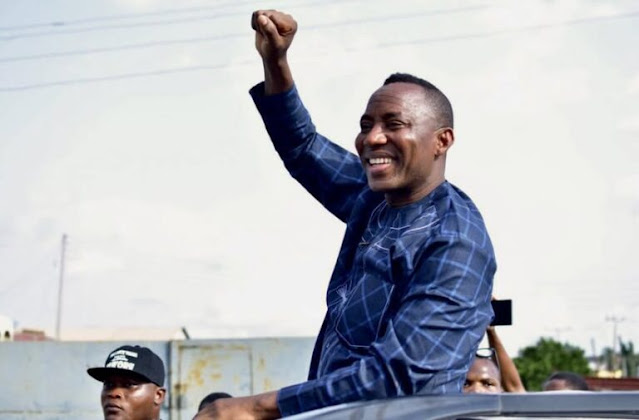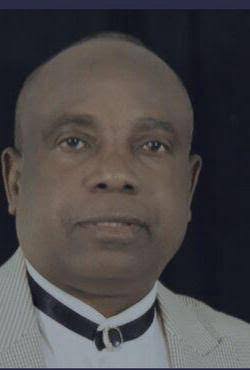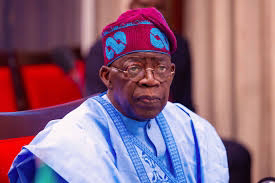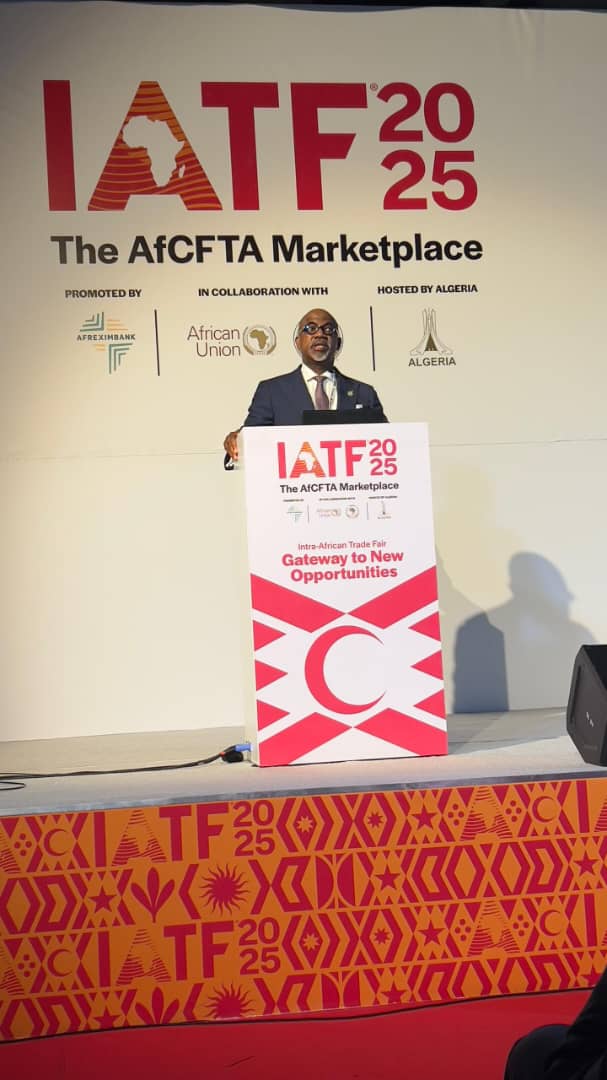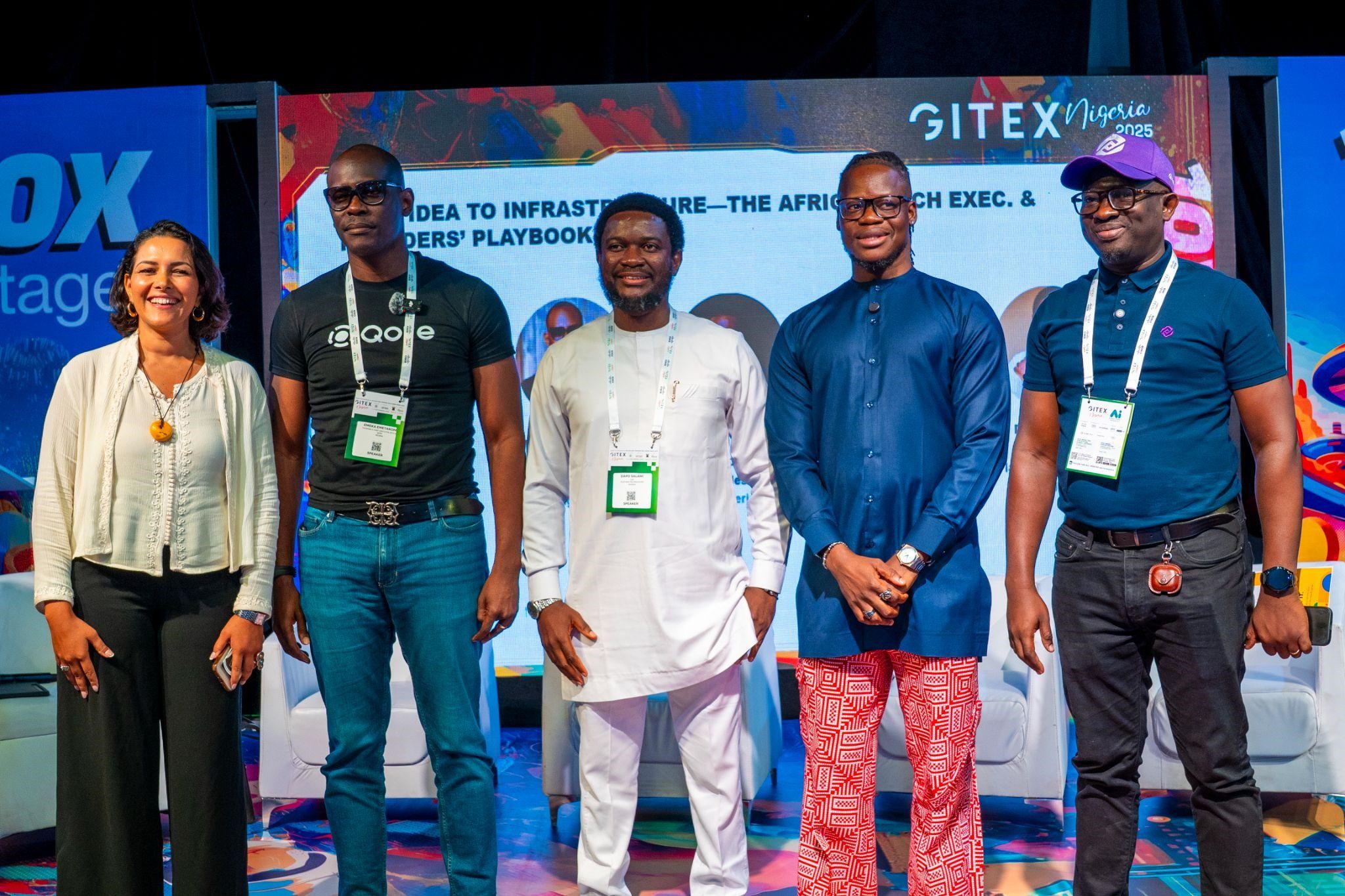In a strongly worded statement, Amnesty International, the global human rights watchdog, has condemned the Nigerian Department of State Services (DSS) for what it describes as a deliberate attempt to silence Omoyele Sowore, a prominent activist, publisher, and human rights defender, on the social media platform X. The organization accused the Nigerian government of using state apparatus to suppress dissent and curtail freedom of expression, a move that has sparked widespread concern among civil society groups, international observers, and advocates for democratic governance in Nigeria.
Background: Sowore’s Activism and the Role of X
Omoyele Sowore, a Nigerian activist and the publisher of Sahara Reporters, a leading investigative journalism platform, has been a vocal critic of the Nigerian government for over two decades. Known for his unrelenting commitment to exposing corruption, human rights abuses, and governance failures, Sowore has consistently used his platform to hold those in power accountable. His activism gained significant traction during the 2019 #RevolutionNow protests, which he spearheaded to demand systemic reforms in Nigeria’s governance structure. The protests, which called for an end to corruption, insecurity, and economic mismanagement, led to Sowore’s arrest and prolonged detention by the DSS, sparking global outrage.
In recent years, Sowore has leveraged the social media platform X to amplify his voice, mobilize supporters, and share real-time updates on issues ranging from government corruption to police brutality. X, with its global reach and real-time engagement capabilities, has become a critical tool for activists like Sowore to bypass traditional media gatekeepers and communicate directly with the public. However, this freedom has not come without challenges, as the Nigerian government has repeatedly sought to control the digital space and limit the influence of critical voices.
Amnesty International’s statement comes in response to reports that the DSS has taken steps to suppress Sowore’s activities on X, including alleged attempts to suspend or restrict his account. While the specifics of the DSS’s actions remain unclear, sources suggest that the agency has been pressuring X’s management to limit Sowore’s visibility or outright deactivate his account, citing national security concerns. This move is seen as part of a broader strategy by the Nigerian government to clamp down on dissent in the digital age, where social media platforms have become battlegrounds for free speech and political activism.
Amnesty International’s Condemnation
In its statement, Amnesty International described the DSS’s actions as a “gross violation of the right to freedom of expression and a dangerous precedent for democratic governance in Nigeria.” The organization emphasized that Sowore’s activism, including his use of X to highlight government failures, falls within the boundaries of constitutionally protected free speech. “The Nigerian authorities must respect the fundamental rights of citizens to express their views without fear of harassment or intimidation,” the statement read. “Attempts to silence Omoyele Sowore on X or any other platform are a direct attack on the democratic principles that Nigeria claims to uphold.”
Amnesty International further called on the Nigerian government to cease all forms of harassment against Sowore and other activists, urging the international community to hold the Nigerian authorities accountable for their actions. The organization highlighted that the suppression of voices like Sowore’s undermines Nigeria’s democratic credentials and risks further eroding public trust in state institutions.
The Broader Context: Nigeria’s Struggle with Free Speech
The DSS’s alleged move to silence Sowore on X is not an isolated incident but part of a broader pattern of state-sponsored efforts to control the narrative in Nigeria. Over the past decade, the Nigerian government has faced growing criticism for its handling of dissent, particularly in the digital space. The rise of social media platforms like X has given ordinary Nigerians and activists unprecedented opportunities to voice their grievances, organize protests, and demand accountability. However, this newfound freedom has been met with resistance from a government that perceives such platforms as threats to its authority.
In 2021, the Nigerian government made global headlines when it banned X (then known as Twitter) for several months after the platform removed a post by President Muhammadu Buhari that was deemed to violate its policies. The ban was widely criticized as an attempt to stifle free speech and limit access to information. Although the ban was eventually lifted, it sent a chilling message to activists and ordinary citizens about the government’s willingness to control the digital space.
The DSS, Nigeria’s primary domestic intelligence agency, has been at the forefront of efforts to monitor and suppress dissenting voices. The agency has a history of targeting journalists, activists, and opposition figures, often under the vague pretext of “national security.” Sowore, in particular, has been a frequent target of the DSS, having faced multiple arrests, detentions, and charges since launching the #RevolutionNow movement. His continued defiance and ability to galvanize public support through platforms like X have made him a significant thorn in the side of the Nigerian authorities.
The Role of X in Nigeria’s Political Landscape
X has emerged as a powerful tool for political activism in Nigeria, where traditional media outlets are often subject to government influence or censorship. The platform’s open nature allows users to share information, organize movements, and engage in real-time discussions, making it a vital space for democratic discourse. For activists like Sowore, X provides a direct line of communication to millions of Nigerians and the global diaspora, enabling them to bypass state-controlled media and amplify their message.
However, the platform’s influence has also made it a target for government surveillance and censorship. The Nigerian government has repeatedly expressed concerns about the spread of “fake news” and “hate speech” on X, using these terms to justify crackdowns on activists and ordinary users. The DSS’s alleged attempt to silence Sowore on X reflects a broader strategy to limit the platform’s role as a hub for dissent and mobilization.
Sowore’s Response: Defiance in the Face of Repression
Omoyele Sowore has not remained silent in the face of the DSS’s actions. In a series of posts on X, he condemned the agency’s attempts to suppress his voice, vowing to continue speaking out against injustice. “The DSS cannot silence me or the millions of Nigerians demanding a better country,” Sowore wrote. “X is our space to speak truth to power, and no amount of intimidation will stop us.” His defiance has resonated with supporters, who have rallied behind him using hashtags like #FreeSowore and #RevolutionNow.
Sowore’s resilience is emblematic of a broader struggle for free expression in Nigeria, where activists, journalists, and ordinary citizens face increasing risks for speaking out. His ability to maintain a strong presence on X despite government pressure underscores the platform’s importance as a tool for resistance and mobilization.
The Legal and Constitutional Implications
The DSS’s actions raise serious questions about the state of constitutional protections in Nigeria. The Nigerian Constitution of 1999 guarantees the right to freedom of expression under Section 39, which states that every person is entitled to freedom of expression, including the freedom to hold opinions and impart information without interference. By targeting Sowore’s activities on X, the DSS is arguably violating this constitutional provision, as well as Nigeria’s obligations under international human rights law.
The African Charter on Human and Peoples’ Rights, to which Nigeria is a signatory, also guarantees the right to freedom of expression. Article 9 of the charter explicitly states that every individual shall have the right to receive information and express their opinions. The DSS’s actions, if proven, would constitute a breach of these obligations, further damaging Nigeria’s standing in the international community.
Legal experts have weighed in on the issue, arguing that the DSS’s actions lack a clear legal basis. “National security” is often invoked as a catch-all justification for state overreach, but without specific evidence linking Sowore’s activities to a credible threat, such actions are likely to be deemed unconstitutional. “The government cannot simply label someone a security threat to justify censorship,” said Dr. Chidi Okeke, a constitutional law scholar based in Lagos. “Sowore’s activism, while provocative to those in power, is protected speech under the law.”
The International Community’s Response
Amnesty International’s condemnation has brought renewed international attention to the state of human rights in Nigeria. The organization’s statement has been echoed by other global human rights groups, including Human Rights Watch and the Committee to Protect Journalists, both of which have called for an end to the harassment of activists and journalists in Nigeria.
The United Nations has also expressed concern about the shrinking civic space in Nigeria. In a recent report, the UN Special Rapporteur on Freedom of Expression noted that the Nigerian government’s actions against activists and journalists are inconsistent with its commitments under international law. The report specifically cited Sowore’s case as an example of the challenges facing human rights defenders in the country.
Foreign governments, particularly those with strong ties to Nigeria, have been urged to take a stand against the DSS’s actions. The United States, United Kingdom, and European Union, all of which provide significant aid and investment to Nigeria, have a vested interest in promoting democratic governance and human rights in the country. However, their responses have been mixed, with some governments issuing cautious statements while others remain silent to avoid straining diplomatic relations.
The Broader Implications for Democracy in Nigeria
The DSS’s attempt to silence Sowore on X has far-reaching implications for Nigeria’s democratic project. The country’s democracy, while young and fragile, has made significant strides since the return to civilian rule in 1999. However, persistent challenges such as corruption, insecurity, and human rights abuses continue to undermine public confidence in the system. The suppression of dissenting voices like Sowore’s risks further alienating citizens and fueling unrest.
Nigeria’s youth, who make up a significant portion of the population, are particularly affected by these developments. The #EndSARS protests of 2020, which saw young Nigerians take to the streets to demand an end to police brutality, highlighted the power of social media in mobilizing collective action. The government’s response, which included violent crackdowns and attempts to control online narratives, only deepened the divide between the state and its citizens.
By targeting Sowore, the DSS is sending a message to other activists and ordinary Nigerians: dissent will not be tolerated. This approach, however, is likely to backfire. History has shown that attempts to suppress free speech often galvanize resistance, as citizens find new ways to organize and amplify their voices. X, with its decentralized structure and global reach, is particularly difficult to control, making it a powerful tool for activists to continue their work despite government pressure.
The Role of Technology in the Fight for Free Speech
The DSS’s actions against Sowore highlight the growing importance of technology in the fight for free speech and democratic governance. Social media platforms like X have fundamentally changed the way information is shared and consumed, giving individuals the power to challenge dominant narratives and hold governments accountable. However, these platforms are not immune to state interference, as governments around the world increasingly seek to regulate and control online spaces.
In Nigeria, the government has explored various measures to regulate social media, including proposals for legislation that would require platforms to register with the government and comply with strict content moderation policies. Such measures, if implemented, could further restrict the ability of activists like Sowore to operate freely online.
At the same time, technology also offers opportunities for resistance. Encrypted messaging apps, virtual private networks (VPNs), and decentralized platforms provide activists with tools to evade censorship and surveillance. Sowore and other activists have used these tools to continue their work despite government crackdowns, demonstrating the resilience of digital activism in the face of repression.
The Way Forward: Protecting Free Speech in Nigeria
Addressing the DSS’s actions against Sowore requires a multifaceted approach that involves both domestic and international actors. First, the Nigerian government must be held accountable for its actions. Civil society groups, including the Nigerian Bar Association and the National Human Rights Commission, should take a proactive role in challenging the DSS’s actions through legal and advocacy channels. Public awareness campaigns can also help mobilize support for Sowore and other activists facing similar threats.
Second, the international community must apply pressure on the Nigerian government to uphold its human rights obligations. Diplomatic efforts, targeted sanctions, and public statements from foreign governments and organizations can send a strong message that the suppression of free speech will not be tolerated.
Third, social media platforms like X have a responsibility to protect their users from state-sponsored harassment. While X has faced criticism for its handling of content moderation in the past, the platform must take steps to safeguard activists like Sowore, including implementing robust measures to prevent account suspensions or restrictions based on government pressure.
Finally, Nigerian citizens must continue to assert their right to free expression. The power of collective action, as demonstrated by movements like #EndSARS and #RevolutionNow, cannot be underestimated. By standing in solidarity with Sowore and other activists, Nigerians can send a clear message that they will not be silenced.
Conclusion
The DSS’s attempt to silence Omoyele Sowore on X represents a dangerous escalation in the Nigerian government’s efforts to suppress dissent. Amnesty International’s condemnation of these actions underscores the urgent need to protect freedom of expression in Nigeria, a country grappling with the challenges of democratic governance. As Sowore continues to speak truth to power, his case serves as a litmus test for Nigeria’s commitment to human rights and democratic principles.
The struggle for free speech in Nigeria is far from over. With the rise of social media and digital activism, individuals like Sowore have unprecedented opportunities to challenge injustice and demand accountability. However, these opportunities come with risks, as the government seeks to control the narrative and silence critical voices. The international community, civil society, and ordinary Nigerians must stand together to defend the right to free expression and ensure that activists like Sowore can continue their vital work without fear of repression.
As Nigeria navigates its complex political landscape, the outcome of this struggle will have profound implications for the future of democracy in the country. The DSS’s actions against Sowore are a reminder that the fight for free speech is not just a battle for individual rights but a fight for the soul of the nation.


